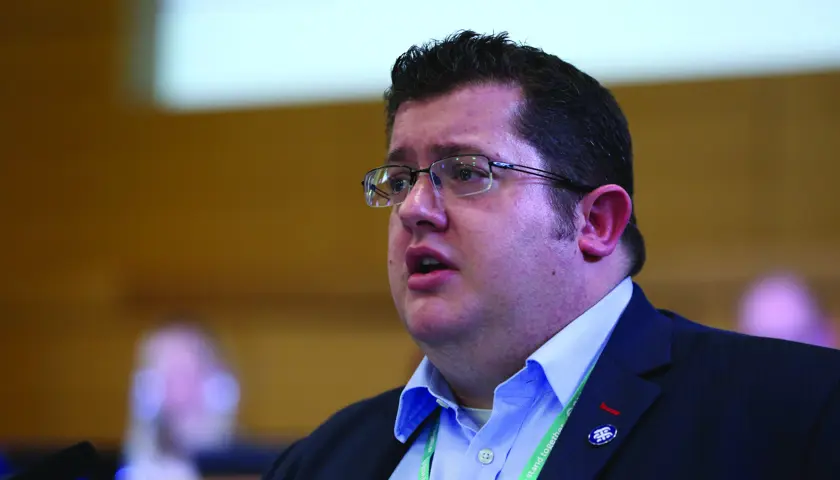
Symptoms of a crisis-torn health service
Two full walk-outs planned after breakdown in pay negotiations in Northern Ireland
When power-sharing was restored to Northern Ireland in February, there was a profound sense of relief after two years of political paralysis, but there was another feeling too.
It was summed up powerfully by GP Ursula Brennan who told us: ‘The place feels like it’s been on fire.’ She added: ‘Our roads are in a desperate state, our schools are in a desperate state as well, and health is just the worst I have seen it.’
The symptoms of the NHS crisis in Northern Ireland – in many ways even worse than in the rest of the UK – are also clear from the situation of junior doctors, consultants and SAS doctors.
Junior doctors have announced further strike action after a breakdown in pay talks.
Two 48-hour full walk-outs have been planned, from 7am on Wednesday 22 May to 7am on Friday 24 May, and from 7am on Thursday 6 June to 7am on Saturday 8 June.
The BMA Northern Ireland junior doctors committee said there has been no movement on its asks, despite ‘some progress on non-pay issues’ since a meeting with Northern Ireland’s health minister Robin Swann after the first round of industrial action that took place in March.
NIJDC chair Fiona Griffin said: ‘This has left us with no choice but to escalate our strike action.
‘We are very disappointed that we have not been able to make any progress, but we must act on behalf of our members who voted overwhelmingly in favour of taking strike action for full pay restoration.’
Consultants in Northern Ireland are balloting for industrial action.
The five-week ballot opened on 7 May after talks between representatives from the BMA Northern Ireland consultants committee and the devolved Department of Health broke down.
Consultants had raised their concerns with the continuing erosion of their pay and the effect this was having on consultant recruitment and retention in Northern Ireland, and the subsequent impact this has had on patient care.
With a new pay deal for consultants in England having been accepted, pay talks continuing in Scotland and Wales, and higher pay available for consultants working in the Republic of Ireland, BMA Northern Ireland consultants committee chair David Farren said it was ‘imperative’ consultants in Northern Ireland did not fall further behind.
Last year, 77 per cent of respondents to a survey of BMA Northern Ireland consultant members said they were willing to take industrial action.
Dr Farren said: ‘We really feel we have been left with no alternative but to strike. Morale is at an all-time low among consultants here; we do not feel valued for the complex, challenging and stressful work we undertake, and we do not deserve to be paid less than colleagues in the rest of the UK or Ireland for doing the same job.’
Specialist, associate specialist and specialty doctors in Northern Ireland are also to be balloted for industrial action following an indicative ballot, in which 86.5 per cent of respondents said they would take strike action.
‘This is not a decision we have taken lightly,’ aid BMA Northern Ireland SAS doctors committee chair Leanne Davison. Dr Farren mentions the Republic of Ireland. As we have recently reported, there has been an increase in interest to work there from doctors, including those from Northern Ireland.
If the newly returned politicians in Stormont want to avoid an exodus of talent to south of the border, they need to listen.
- Until September 2024, resident doctors were referred to as ‘junior doctors’ by the BMA. Articles written prior to this date reflect the terminology then in use



